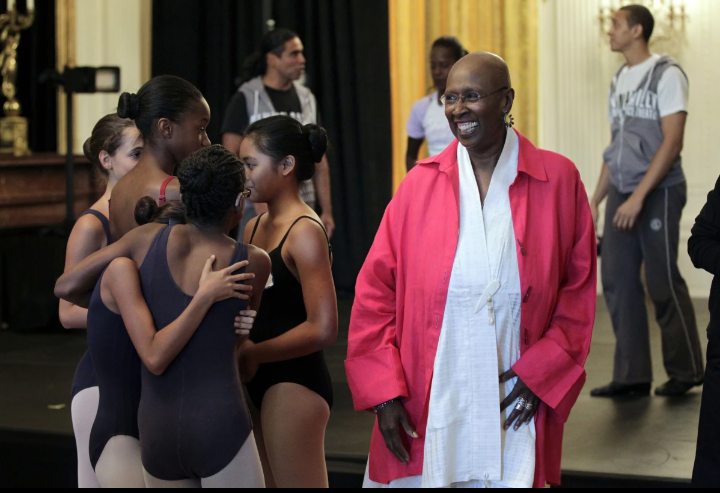Judith Jamison, a pioneering dancer and artistic director who helped shape the legacy of the Alvin Ailey American Dance Theater, has died at the age of 81. Known for her powerful and moving performances, Jamison rose to international fame in 1971 with Cry, an intense solo choreographed by Ailey to honor Black womanhood and dedicated specifically to Black mothers. In her white leotard and flowing skirt, Jamison embodied strength, resilience, and grace, creating an image that became iconic in American dance.
Her journey with the Ailey company began in the 1960s when Ailey himself noticed her unique presence—her "small head, broad shoulders, long arms, and long legs"—and invited her to join his troupe. At that time, dance opportunities for Black artists were limited, and the Ailey company offered a rare platform to showcase Black artistry and cultural expression. Jamison embraced this role, helping to redefine American modern dance through the company’s distinct, culturally resonant style.
In 1989, upon Ailey’s death, Jamison became the company’s artistic director. Over the next two decades, she expanded the troupe's global reach, attracted new audiences, and achieved financial stability, elevating the company to a status that, according to dance experts, Ailey himself could never have imagined. Jamison’s leadership style was marked by warmth, magnetism, and the ability to inspire deep loyalty among dancers and audiences alike.
Jamison ensured that Revelations, Ailey’s beloved work exploring Black history through spirituals and blues, remained central to the company’s repertoire. Often referred to as the most widely seen modern dance piece in history, Revelations reached audiences worldwide, even being performed at the White House in 2010 at a tribute hosted by First Lady Michelle Obama, who honored Jamison as a trailblazer.
Beyond her directorial accomplishments, Jamison was also a respected choreographer, though she sometimes felt overlooked in this area. Notable works include A Case of You, a duet that, according to dance critics, beautifully explores the complexities of love. Jamison’s career and personal accomplishments were recognized with numerous honors, including a Kennedy Center Honor and a National Medal of Arts.
In 2011, she passed the leadership of the Ailey company to Robert Battle, feeling confident that the vision she and Ailey had nurtured would continue. One of her proudest achievements was the 2005 opening of the Joan Weill Center for Dance in New York, giving the company a permanent home.
A powerful and dignified figure in the world of dance, Judith Jamison leaves behind a legacy of artistry, strength, and profound cultural impact. Her influence on modern dance and her commitment to representing Black culture will continue to inspire generations.





